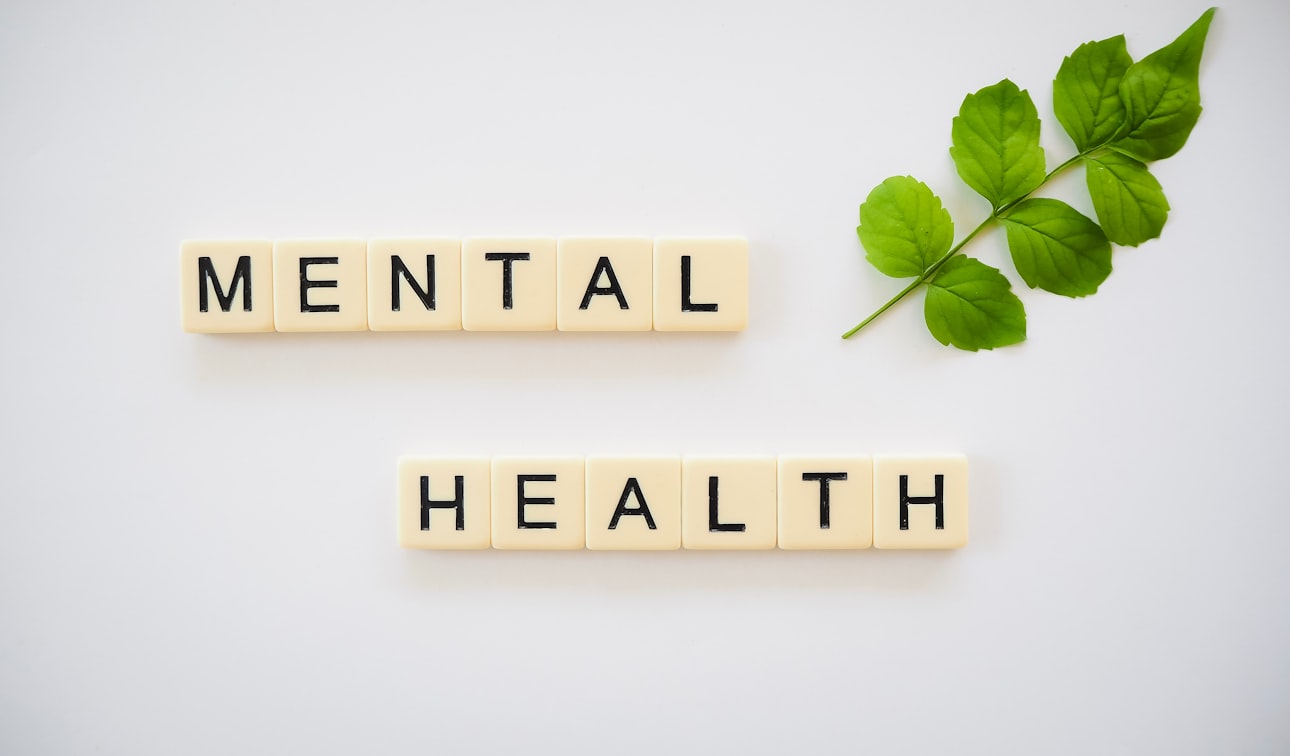Mental Health Services: Their Importance
People commonly associate the phrase "healthy" with physical attributes such as low cholesterol, strong cardiovascular strength, and the absence of illness. Unfortunately, many people suffer from mental health issues that are just as incapacitating as some of the most serious physical illnesses. Most of these patients have a better quality of life after receiving expert care from mental health professionals. Many people, on the other hand, never receive assistance because they either do not seek it or do not have proper access.
What Is the Frequency of Mental Illness?
The National Alliance on Mental Illness (NAMI) estimates that one out of every five Americans suffers from mental illness each year. Furthermore, roughly 10% of people suffer from a serious mental disease that interferes with one or more key life activities.
There are a variety of major mental health illnesses that may make day-to-day functioning nearly difficult, ranging from schizophrenia to bipolar disorder. At the same time, millions of Americans suffer from addiction, despair, and anxiety. According to NAMI, about 18 percent of the US population suffers from obsessive-compulsive disorder, posttraumatic stress disorder, or particular phobias each year. According to NAMI estimates, over 20 million Americans suffer from a drug use problem, with over half of them suffering from co-occurring mental illness.
Consequences of Failure to Treat
Mental illness may make life difficult for those who suffer from it. At the same time, these issues can have a broader impact on society as a whole, particularly if they go untreated or are delayed in treatment. The following NAMI data help to illustrate this point:
- Serious mental illness costs the United States an estimated $193.2 billion in missed wages each year.
- Mood disorders, such as depression and bipolar disorder, are the third most prevalent reason for patients between the ages of 18 and 44 to be admitted to the hospital.
- Mentally ill individuals in the United States die 25 years earlier on average than their peers, mostly owing to preventable diseases.
- Students with mental health issues drop out of high school in 37% of cases.
- A mental health disorder affects more than 90% of youngsters who commit suicide.
Providing Assistance
Mental health services, when permitted to act in a timely way, can assist reduce health-care expenditures and free up scarce resources. According to studies, persons who receive sufficient mental health treatment need medical services 90 percent less frequently. Chronic illnesses linked to stress, anxiety, and drug addiction are also reduced by mental health care.
Most critically, mental health treatments save lives while also improving the prospects of those who are despondent and lost. Take positive steps toward recovery by calling a mental health professional now if you feel you or someone you love is suffering from a mental illness.


